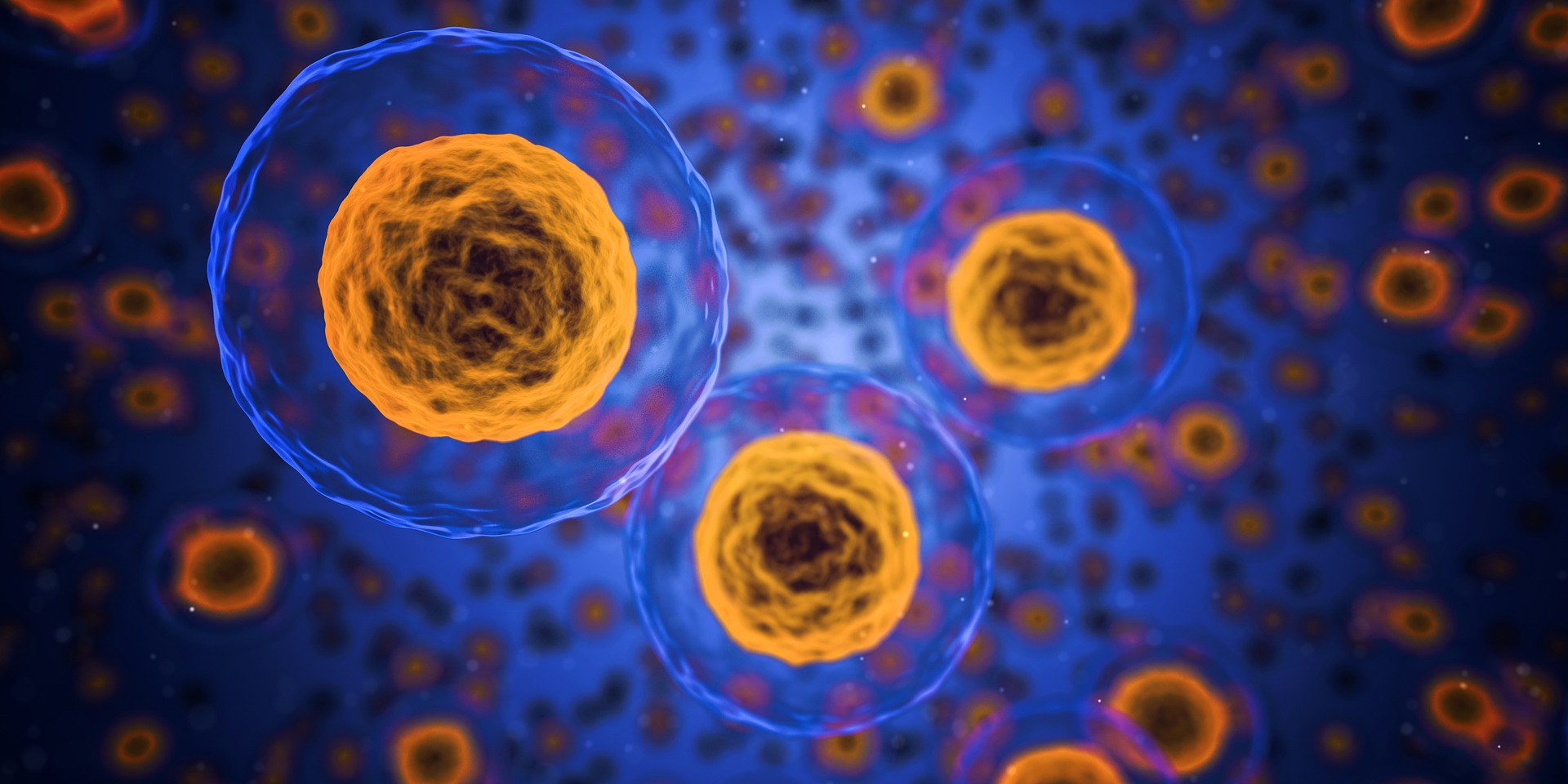
November 3, 2018, by Brigitte Nerlich
Minimal biology
This morning (3rd November) I saw a tweet by @BrisSynBio announcing “Max Planck-Bristol Centre for Minimal Biology announced @BristolUni & @maxplanckpress partner to pursue game-changing research in the emerging field of #minimalbiology to address some of the most complex challenges in fundamental science”.
I became curious and read the whole announcement, balking a bit at the pressreleasish language (‘game-changingr’; ‘transformative’; ‘unprecedented’; ‘new breakthrough knowledge and application’, etc.). Hadn’t we heard this before with the advent of nano, nanobio, synbio and so on?
Anyway, what interested me was the phrase ‘minimal biology’. Was this something new or something I just hadn’t heard about? I suspected the latter, but I seem to have been wrong. I googled the phrase “minimal biology” and got 4,180 results, most of them referring to this press release. Interesting! I went to Scopus and searched for “minimal biology” and got two, only two articles. One referring to minimal knowledge of biology, the other two minimal biological tests. This means “minimal biology” really is new – a new emerging science to keep an eye on. Or is it just a new label?
What is ‘minimal biology’ and is it new compared to good old synthetic biology and/or nanobiotechnology?
It seems to be a science emerging at the intersections between physics, chemistry and biology. The press release defines it in the following way: “Minimal biology is an emerging research field at the interface between the physical and life sciences. It applies principles and methods from the former to construct new systems that mimic or augment living cells and organs.” We have echoes here of synbio, such as “synthetic cellularity and protobiology”, but also of nanobio, such as “engineering synthetic, virus-derived, programmable nano-devices” and both “synthetic nanoscale biology”.
Minimal biology seems to ask fundamental questions, such as how matter becomes life and also tries to “rescue diseased cells and tissue, and the engineering of bacterial and mammalian cells to improve the production of pharmaceuticals”
The question for me is: Does this apparently new emerging science of ‘minimal biology’ pose additional or new ethical, social, legal and responsible innovation questions, questions not asked when thinking about the societal challenges posed by synthetic biology and/or nanobiotechnology?
What do people think?
Image: Pixabay

Great information. Since last week, I am gathering details about biology and clinical reaserch. There are some amazing details on your blog which I didn’t know. Thanks I hope to you to present this type of the post in the future also.
Great comment piece, thanks Brigitte!